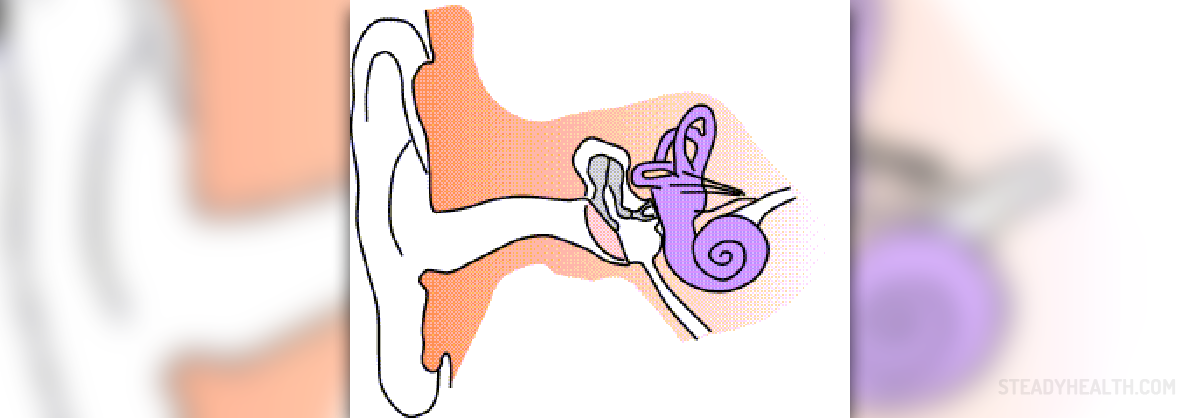
Deafness in One Ear
The sense of hearing is one of the most important senses that humans possess, second only to sight in usefulness. Without hearing, communication between people becomes very difficult, as a deaf person cannot hear spoken words. Loss of hearing is a serious problem that affects people all over the world. Losing hearing in one ear is called unilateral deafness and is an even more problematic condition in children, as it can lead to learning difficulties and social problems. As many as 6 to 12 children per thousand suffer from minor unilateral deafness and 5 children per thousand suffer from more severe hearing loss.
There are different degrees of hearing loss, all of which are defined as the inability to perceive a range of auditory signals that humans can normally perceive. In some cases, hearing loss is characterised by difficulty in hearing relatively soft sounds.
Sometimes people temporarily lose their hearing in one ear after swimming, especially if they go underwater. This is generally due to water becoming trapped in the outer ear canal, which inhibits the sound waves from reaching the hearing membrane within the ear, or due to changes in air pressure that restrict the membrane from vibrating correctly. Diseases like colds and fevers can also cause temporary deafness in one ear. Hearing loss is a condition that generally has a specific cause and, in most cases, can be cured by appropriate treatment.
Symptoms and Causes
The symptoms of hearing loss depend on its severity. Complete hearing loss has fairly obvious symptoms of being incapable of perceiving sounds with the affected ear. Milder forms of hearing loss can cause difficulty when trying to locate the origination of particular sounds. It can also cause tinnitus, a condition that is characterised by a constant or intermittent ringing sound in the ear. Major hearing loss can lead to the person only being able to hear certain frequencies or channels (called monoaural sounds).
Deafness can be caused by a variety of factors. The extent of the damage to the ear varies with each person and can include the entire hearing mechanism of one or both ears. Certain diseases, such as mumps, measles, microtia and meningitis or conditions such as acoustic neuroma or simple trauma inflicted on the ear, can all cause hearing loss.
Treatment
Deafness in one ear is generally solved with hearing aids, small devices that nestle behind or inside the ear that boost the sound input into the ear canal. Alternatively, paired devices can be set up to transmit sounds heard by the good ear to the bad ear to give a more complete hearing experience.
Once a doctor has determined the route cause for the deafness, they can prescribe a course of treatment, whether it be to cure the disease or conditions that are causing the deafness or provide the patient with a hearing aid.


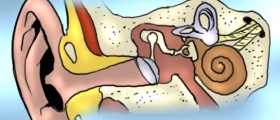


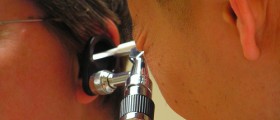


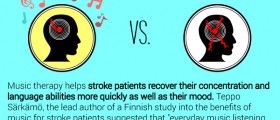

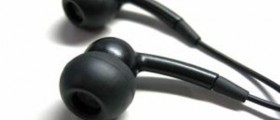
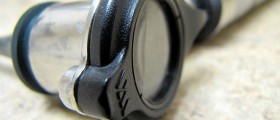



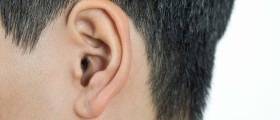

Your thoughts on this
Loading...